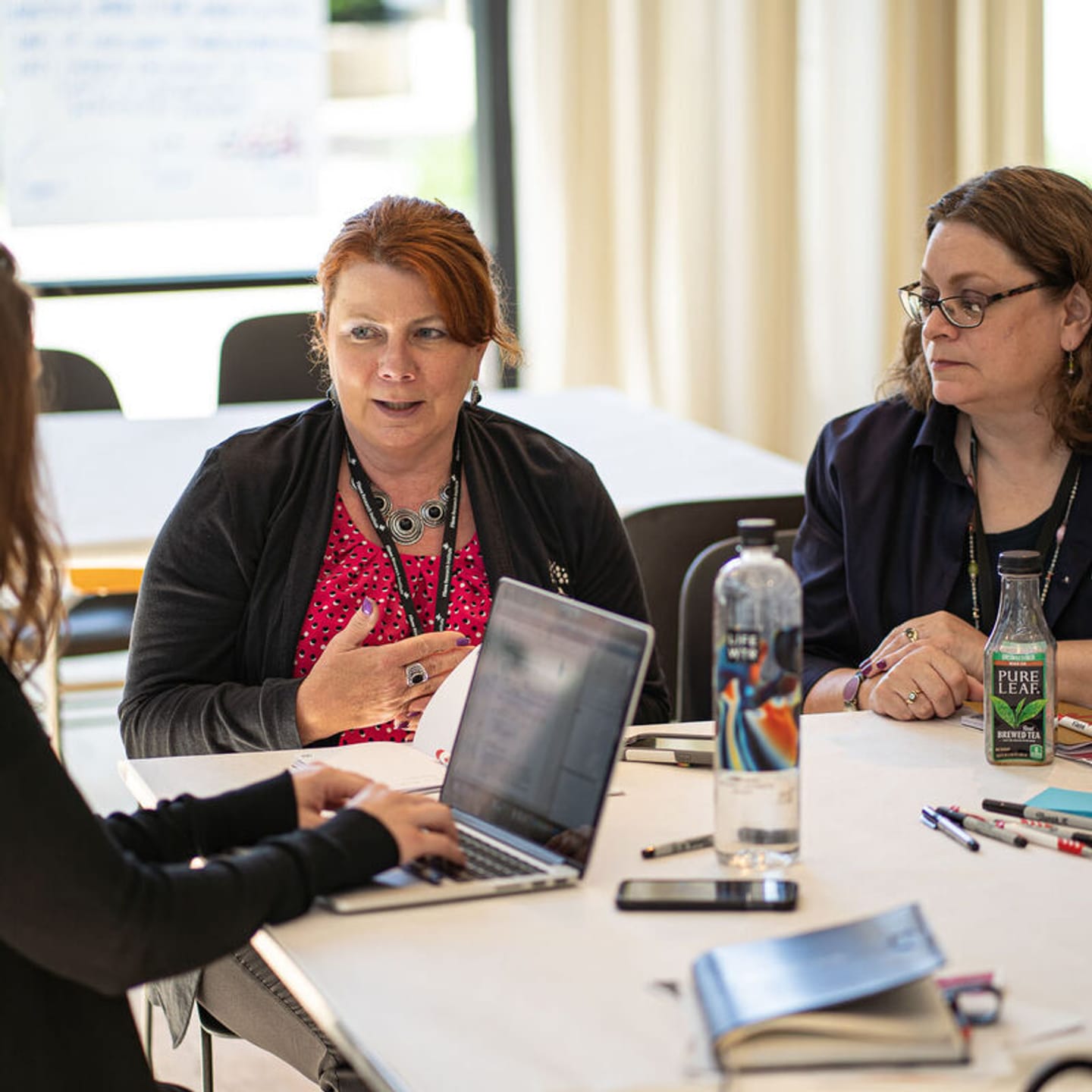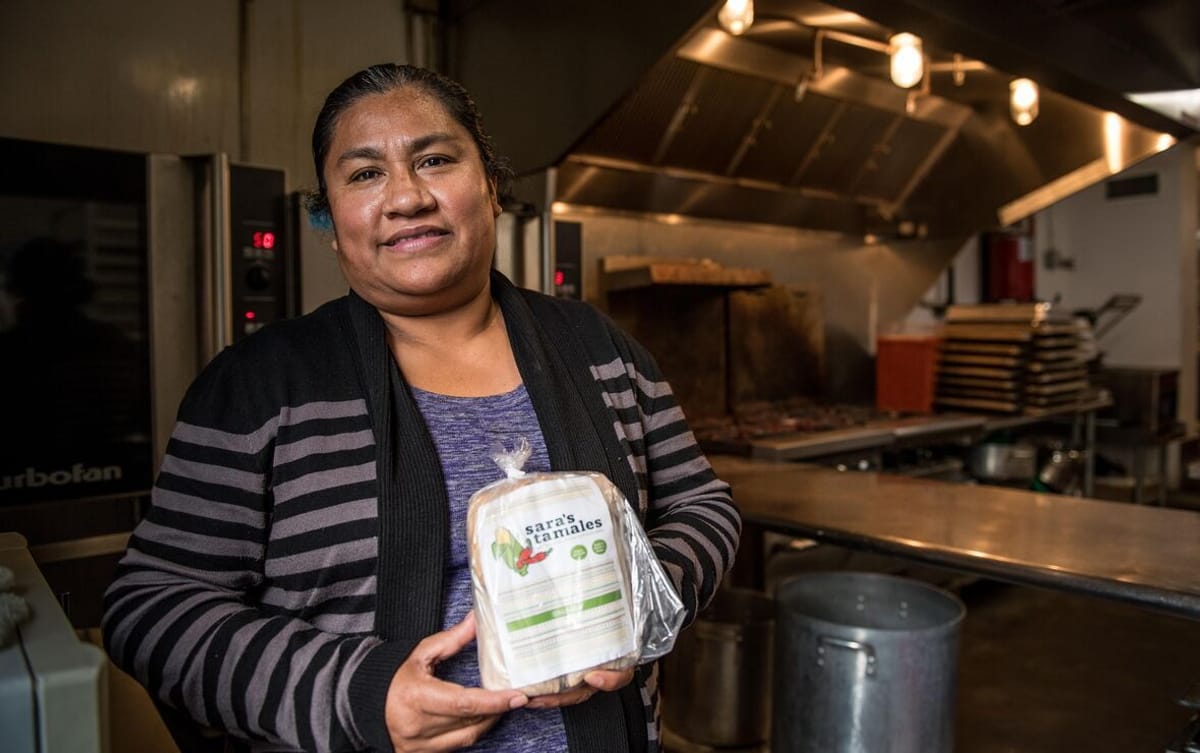Improve access to affordable and quality financial services and grow your loan portfolio by offering loans to serve consumers who may not traditionally have access to these services like those without a social security number. Download free, research-based resources and get started today.
ITIN Lending Program Details
It is estimated that up to 29.5 million individuals in the United States could benefit from an Individual Taxpayer Identification Number (ITIN) loan, for home, auto, business or personal use. Many ITIN holders do not turn to traditional financial institutions for loans because they fear they don’t qualify for these services, and the institutions do not seek out these individuals because they perceive them to be too challenging or risky to serve. As a result, many immigrant populations often rely on overpriced loans from predatory lenders.
As the need for affordable and accessible financial services expands with the growing diversity of populations throughout the United States, and at a time when financial institutions are continually seeking new and sustainable sources of revenue, the opportunity to deliver impactful services to immigrant populations cannot be ignored.
In 2016, Filene Research Institute, Visa, and the Ford Foundation collaborated to launch the Reaching Minority Households Incubator, in which five programs were tested over an 18-month period to evaluate whether they were scalable, were financially viable, had high demand from financial institutions and consumers, and created positive consumer impact. One of the most successful programs tested was ITIN Lending.
Coopera, Filene, Inclusiv, and ViClarity collaborated to develop an ITIN Lending Implementation Guide to share best practices, tools and resources to help financial institutions replicate this success around the country.
What are the implications for financial institutions?
The concept of ITIN Lending is not new, and many financial institutions have been using it as a successful growth and financial inclusion strategy for decades. The RMH Incubator research demonstrates that serving the needs of financially vulnerable populations and pursuing financial stability for your business are not mutually exclusive.
As financial institutions look for opportunities to grow their consumer base, they should look to reach and serve untapped and growing consumer markets such as ITIN holders, foreign nationals, and unbanked and underbanked consumers, among other groups.
A member who needed transportation, bought a car for $6,000 from a friend and the engine blew the next week. He came to us and we were able to show him how and where to buy a safe, reliable car at a price he could afford at 2.99% interest.
Members Credit Union

Online Learning
Into Practice

Implementation Guide
Get Started Today
Sponsors






